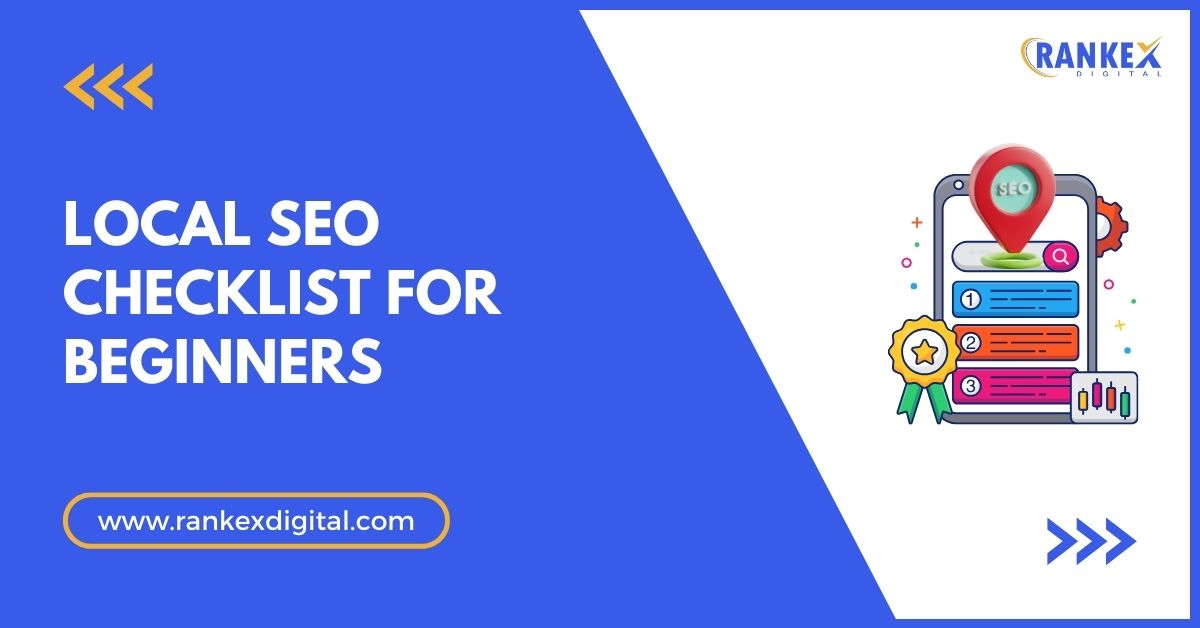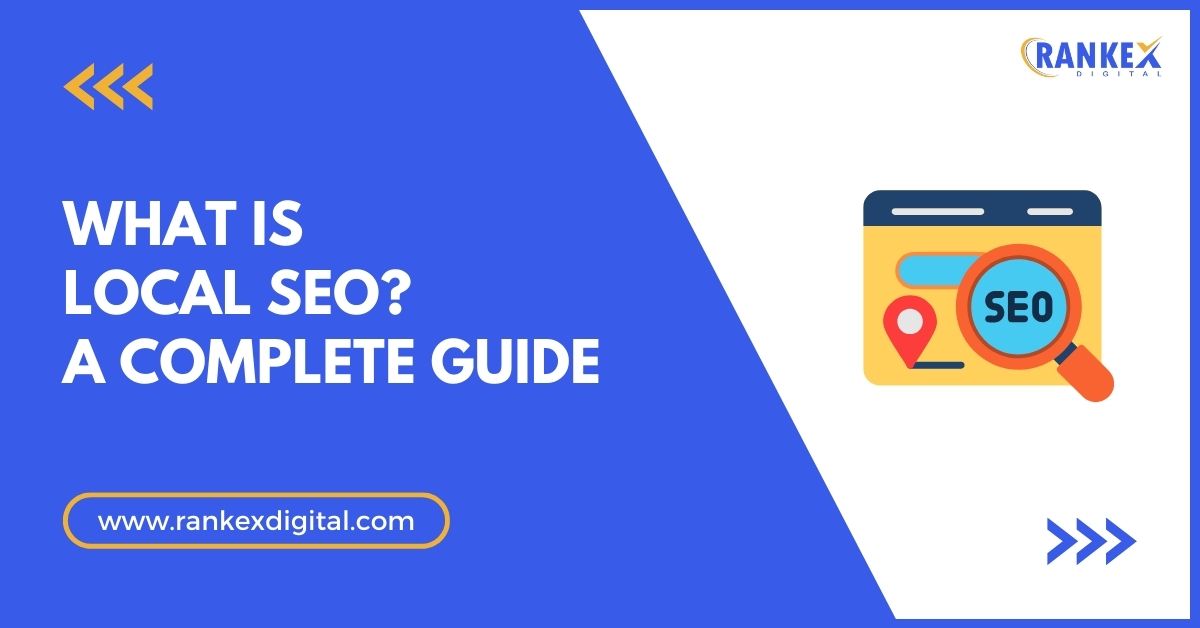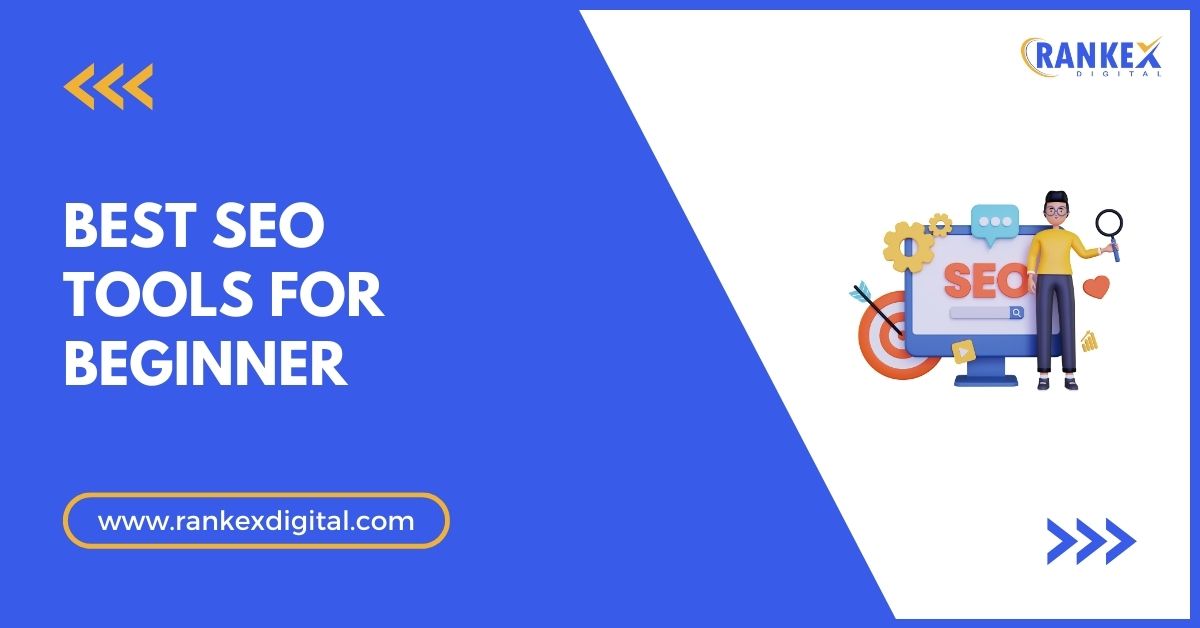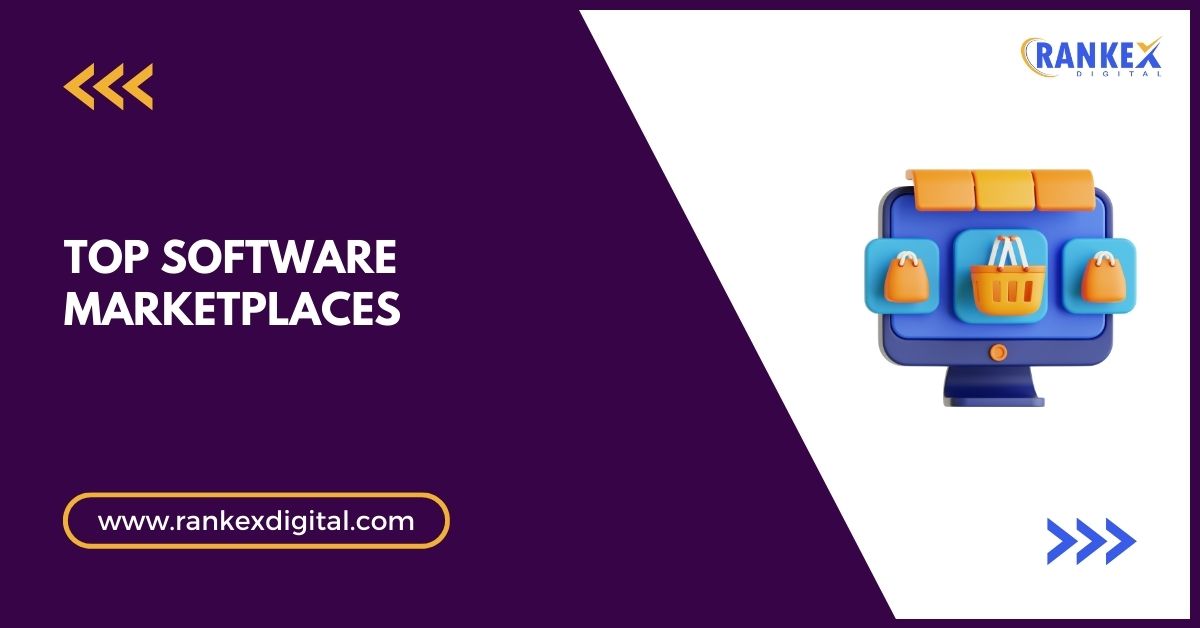Search Engine Optimization (SEO) has been a core part of digital marketing for years. In 2026, SEO is more important than ever because of the constant updates to search engines and the increased competition for top rankings.
Businesses depend on SEO to improve their visibility online, attract organic traffic, and boost sales. SEO professionals are expected to be knowledgeable about the latest trends like AI integration, voice search, and mobile-first indexing.
Table of Contents
- 1 What to Expect in an SEO Interview
- 2 Basic SEO Interview Questions
- 3 On-Page SEO Interview Questions
- 4 Off-Page SEO Interview Questions
- 5 5. Technical SEO Interview Questions
- 6 6. Local SEO Interview Questions
- 7 7. E-Commerce SEO Interview Questions
- 8 8. SEO Algorithms & Updates Interview Questions
- 9 9. Advanced SEO Interview Questions
- 10 SEO Analytics and Reporting Interview Questions
- 11 Behavioral and Problem-Solving Interview Questions
- 12 Final Thoughts on SEO Interview Preparation
What to Expect in an SEO Interview
SEO interviews assess both your technical skills and your strategic thinking. Companies look for candidates who can not only perform keyword research and optimize content but also keep up with algorithm updates and trends.
Whether you’re applying for a junior SEO role or a senior SEO manager position, expect questions ranging from the basics of on-page SEO to more complex topics like technical SEO and link-building strategies.
Basic SEO Interview Questions
Definition and Importance of SEO
- What is SEO, and why is it important?
SEO stands for Search Engine Optimization, which helps websites rank higher on search engine results pages (SERPs). It’s essential because higher rankings lead to more visibility, traffic, and potential customers. - What are the types of SEO?
SEO can be divided into three types:- On-page SEO (optimizing content on your site)
- Off-page SEO (building backlinks and online reputation)
- Technical SEO (improving site structure and performance)
- Why is keyword research important in SEO?
Keywords are what users type into search engines. Knowing which keywords to target helps optimize content to match what your audience is looking for, thus increasing your chances of ranking higher. - What is organic search, and how does it differ from paid search?
Organic search results are unpaid listings that appear based on relevance to the user’s query. Paid search results, like Google Ads, appear at the top of the page and are paid placements.
Essential SEO Metrics
- What is Domain Authority (DA) and Page Authority (PA)?
DA and PA are metrics developed by Moz to predict how well a website or page will rank in search engines. DA is based on the overall strength of your site, while PA is specific to individual pages. - Explain organic traffic, and how do you measure it?
Organic traffic is the visitors that come to your website through unpaid search results. You can measure it using tools like Google Analytics by tracking the number of visits from search engines. - What is Bounce Rate, and why is it important for SEO?
Bounce rate is the percentage of visitors who leave your site after viewing only one page. A high bounce rate may indicate that your content isn’t engaging or relevant, which can affect your rankings.
On-Page SEO Interview Questions
Optimization Techniques
- What is meta title and meta description? How do they impact SEO?
Meta titles and descriptions are HTML elements that summarize the content of a page. Search engines display them in the search results, and they play a key role in influencing click-through rates. - How do you optimize page content for SEO?
Optimizing page content involves using relevant keywords, writing clear and engaging copy, using headings (H1, H2, H3), and ensuring that your content is well-structured and informative. - Explain the importance of header tags (H1, H2, H3).
Header tags help organize content for both users and search engines. H1 is the main title, while H2 and H3 are subheadings. They improve the readability and structure of your content. - What is the role of internal linking in SEO?
Internal linking helps search engines understand the structure of your website. It also guides users to other relevant pages, increasing engagement and improving SEO by passing authority between pages. - How to optimize images for SEO?
Image optimization involves compressing images to reduce load time, using descriptive file names, and adding alt text to help search engines understand the image content.
Keyword Usage
- How do you perform keyword research for a website?
Keyword research involves identifying relevant terms that people are searching for. You can use tools like Google Keyword Planner, Ahrefs, or SEMrush to find keywords with high search volume and low competition. - What is the importance of long-tail keywords?
Long-tail keywords are more specific search phrases with lower search volumes but higher conversion rates. They are less competitive and easier to rank for. - How would you manage keyword cannibalization?
Keyword cannibalization occurs when multiple pages on a site target the same keyword. This can confuse search engines and lower rankings. To fix this, consolidate content or focus each page on different keyword variations.
Off-Page SEO Interview Questions
Link Building Strategies
- What is link building, and why is it important for SEO?
Link building involves acquiring links from other websites to your own. These backlinks signal to search engines that your site is reputable and authoritative, helping improve rankings. - What is the difference between a do-follow and no-follow link?
A do-follow link passes authority (or “link juice”) to the linked website, while a no-follow link does not. Both can be valuable for SEO, but do-follow links are generally more beneficial for rankings. - Explain the importance of backlinks for ranking.
Backlinks are one of the most important ranking factors. Websites with high-quality backlinks from reputable sources tend to rank higher in search results. - How to build high-quality backlinks in 2026?
In 2026, focus on creating valuable content that others want to link to, building relationships with influencers and bloggers, and leveraging PR strategies to gain high-authority backlinks. - What are some strategies for avoiding bad backlinks?
Avoid low-quality, spammy sites, and regularly audit your backlink profile using tools like Ahrefs. Disavow harmful links if necessary to avoid penalties.
Guest Blogging and Content Marketing
- What is the role of guest blogging in SEO?
Guest blogging involves writing articles for other websites to gain backlinks and exposure. It’s a great way to build authority and drive traffic to your site. - How does content marketing affect SEO performance?
Content marketing is crucial for SEO. High-quality content attracts backlinks, improves user engagement, and helps you rank for more keywords, all of which boost your SEO performance.
5. Technical SEO Interview Questions
Site Structure & Performance
- What is XML Sitemap, and why is it important for SEO?
An XML sitemap is a file that lists all the important pages of your website. It helps search engines find and crawl your pages more efficiently, ensuring that all your content is indexed. - Explain what is robots.txt and its function in SEO.
The robots.txt file tells search engines which pages or files they should or shouldn’t crawl. It helps manage crawler activity and prevents search engines from indexing certain parts of your site. - What is canonicalization, and how does it help prevent duplicate content issues?
Canonicalization is the process of telling search engines which version of a page is the “master” version. This helps avoid duplicate content issues when multiple pages have similar content. - How do you improve website loading speed for SEO?
To improve loading speed, compress images, enable browser caching, minimize code (HTML, CSS, JavaScript), and use a content delivery network (CDN). Fast-loading websites provide better user experiences and rank higher. - What are some best practices for mobile-first indexing?
Ensure that your website is mobile-responsive, with fast load times and easy navigation on mobile devices. Google prioritizes mobile-friendly sites for its mobile-first indexing.
SEO Tools
- What tools do you use for technical SEO audits?
Popular tools for technical SEO audits include Google Search Console, Screaming Frog, SEMrush, and Ahrefs. These tools help you find crawl issues, broken links, and other technical problems. - Explain the purpose of Google Search Console and how it helps with SEO.
Google Search Console allows you to monitor your site’s performance in search results. You can check for indexing issues, analyze search traffic, and submit sitemaps to improve visibility. - How do you identify and fix crawl errors?
Crawl errors can be identified through Google Search Console. To fix them, ensure that all links point to valid pages, check your robots.txt file, and use 301 redirects for broken pages.
6. Local SEO Interview Questions
Optimizing for Local Search
- What is local SEO, and why is it important for businesses?
Local SEO is about optimizing your website to appear in local search results. It’s crucial for businesses that serve local customers because it helps them rank for location-specific queries. - How do you optimize Google My Business for local SEO?
To optimize Google My Business (GMB), ensure your profile is complete with accurate information, respond to customer reviews, post updates, and include photos. Keeping your GMB active helps improve local rankings. - What is NAP consistency, and why is it essential for local SEO?
NAP stands for Name, Address, and Phone number. Consistency across all online listings (including directories and your website) is crucial for local SEO because it helps search engines trust your business information. - How do you build citations for local SEO?
Citations are mentions of your business’s NAP on other websites, such as directories. To build citations, submit your business to high-quality directories like Yelp and maintain consistent NAP information. - What are local SEO ranking factors in 2026?
Key factors include optimizing Google My Business, earning positive reviews, building local citations, and using location-based keywords in your content.
7. E-Commerce SEO Interview Questions
SEO for Online Stores
- How do you optimize an e-commerce website for SEO?
Optimize product pages with unique titles, descriptions, and keywords. Focus on fast-loading pages, mobile responsiveness, structured data, and high-quality product images to improve rankings and user experience. - What are the best practices for product page optimization?
Include descriptive, keyword-rich titles, clear product descriptions, high-quality images, customer reviews, and structured data to help search engines understand and rank your products. - Explain how to handle SEO for dynamic URLs in e-commerce.
For dynamic URLs, use canonical tags to prevent duplicate content issues, ensure clean URLs, and avoid using session IDs in URLs to improve SEO. - How do you deal with duplicate content on e-commerce websites?
Duplicate content is common in e-commerce due to similar product descriptions. To avoid penalties, use unique descriptions, canonical tags, and 301 redirects where necessary. - What is the role of structured data in e-commerce SEO?
Structured data (like schema markup) helps search engines understand your product information better, enabling rich snippets like product reviews, ratings, and prices in search results.
8. SEO Algorithms & Updates Interview Questions
Staying Updated with Google Algorithm
- What are the major Google algorithm updates in 2026?
In 2026, major updates focus on user experience, content quality, and AI-driven search results. Google’s core updates continue to prioritize E-E-A-T (Expertise, Authoritativeness, Trustworthiness) and user intent. - How do you stay updated with changes in SEO algorithms?
Stay updated by following reputable SEO blogs, attending webinars, joining SEO forums, and keeping track of updates from Google Search Central and industry news platforms. - Explain Google’s E-E-A-T guidelines and their importance.
E-E-A-T stands for Experience, Expertise, Authoritativeness, and Trustworthiness. Websites that demonstrate high E-E-A-T are more likely to rank higher, especially for YMYL (Your Money Your Life) topics like health and finance. - How do core web vitals impact SEO rankings?
Core Web Vitals measure page experience, focusing on loading performance, interactivity, and visual stability. Google uses these metrics as ranking signals, so improving them can boost your site’s SEO.
9. Advanced SEO Interview Questions
Complex SEO Concepts
- What is semantic SEO, and how does it impact rankings?
Semantic SEO involves optimizing content around the meaning behind user queries rather than just focusing on keywords. It improves rankings by creating content that answers the broader intent of the user. - Explain how to perform a competitor analysis for SEO.
Competitor analysis involves researching competitors’ websites to understand their keyword strategy, backlink profile, and content approach. Tools like Ahrefs and SEMrush are useful for this analysis. - How would you implement schema markup on a website?
Schema markup is code added to your site to help search engines understand your content better. You can implement it using JSON-LD, Microdata, or RDFa formats to display rich snippets in search results. - What is the role of AI and machine learning in SEO?
AI and machine learning help search engines better understand user intent and provide more relevant results. SEO professionals must adapt by focusing on user-centric content and optimizing for RankBrain and BERT algorithms. - How do you handle website migrations from an SEO perspective?
Website migrations involve moving a site from one domain or structure to another. For SEO, it’s crucial to maintain 301 redirects, update internal links, and monitor performance post-migration to minimize ranking losses.
SEO Analytics and Reporting Interview Questions
Measuring SEO Performance
- How do you track SEO progress and performance?
SEO progress can be tracked using tools like Google Analytics and Google Search Console. Monitor organic traffic, keyword rankings, backlink profile, and engagement metrics to gauge performance. - What are some key SEO KPIs for reporting?
Key SEO KPIs include organic traffic, keyword rankings, conversion rates, bounce rate, page load time, and the number of backlinks. These metrics show how well your SEO efforts are performing. - How do you report SEO success to clients or stakeholders?
SEO success can be reported through clear, data-driven reports that show progress on KPIs, organic traffic growth, ranking improvements, and overall ROI. Tools like Google Data Studio can help create visual reports. - How do you use Google Analytics for SEO tracking?
Google Analytics provides insights into user behavior, traffic sources, and conversion rates. By analyzing organic traffic, session duration, and goal completions, you can evaluate the impact of your SEO efforts.
Behavioral and Problem-Solving Interview Questions
Handling SEO Challenges
- How do you handle a sudden drop in rankings?
Start by checking for any recent algorithm updates or penalties. Then, review on-page SEO factors, such as keyword usage and content quality, and check for technical issues, such as broken links or crawl errors. - What are the steps to take if a website is penalized by Google?
Identify the reason for the penalty using Google Search Console or a manual action report. Fix the issue (such as removing bad backlinks or fixing thin content), then submit a reconsideration request to Google. - How do you approach an SEO audit for a new client?
Begin by analyzing the site’s current performance, checking technical aspects (crawlability, indexation), reviewing on-page content, analyzing backlinks, and conducting competitor research. Based on the findings, create a detailed action plan. - How would you handle negative SEO?
Negative SEO involves harmful practices like bad backlinks or false reports. To address this, regularly monitor your backlink profile, disavow harmful links, and strengthen your site’s security.
Final Thoughts on SEO Interview Preparation
Preparing for an SEO interview requires a good understanding of both fundamental concepts and advanced strategies.
Be ready to explain your knowledge with real-world examples, demonstrate problem-solving skills, and showcase your ability to adapt to the constantly changing SEO landscape.
Recommended resources for further SEO learning
By focusing on these key areas, you can increase your chances of acing an SEO interview in 2026. Keep practicing, stay updated on trends, and remember that SEO is all about improving user experience and helping search engines find the best content.









